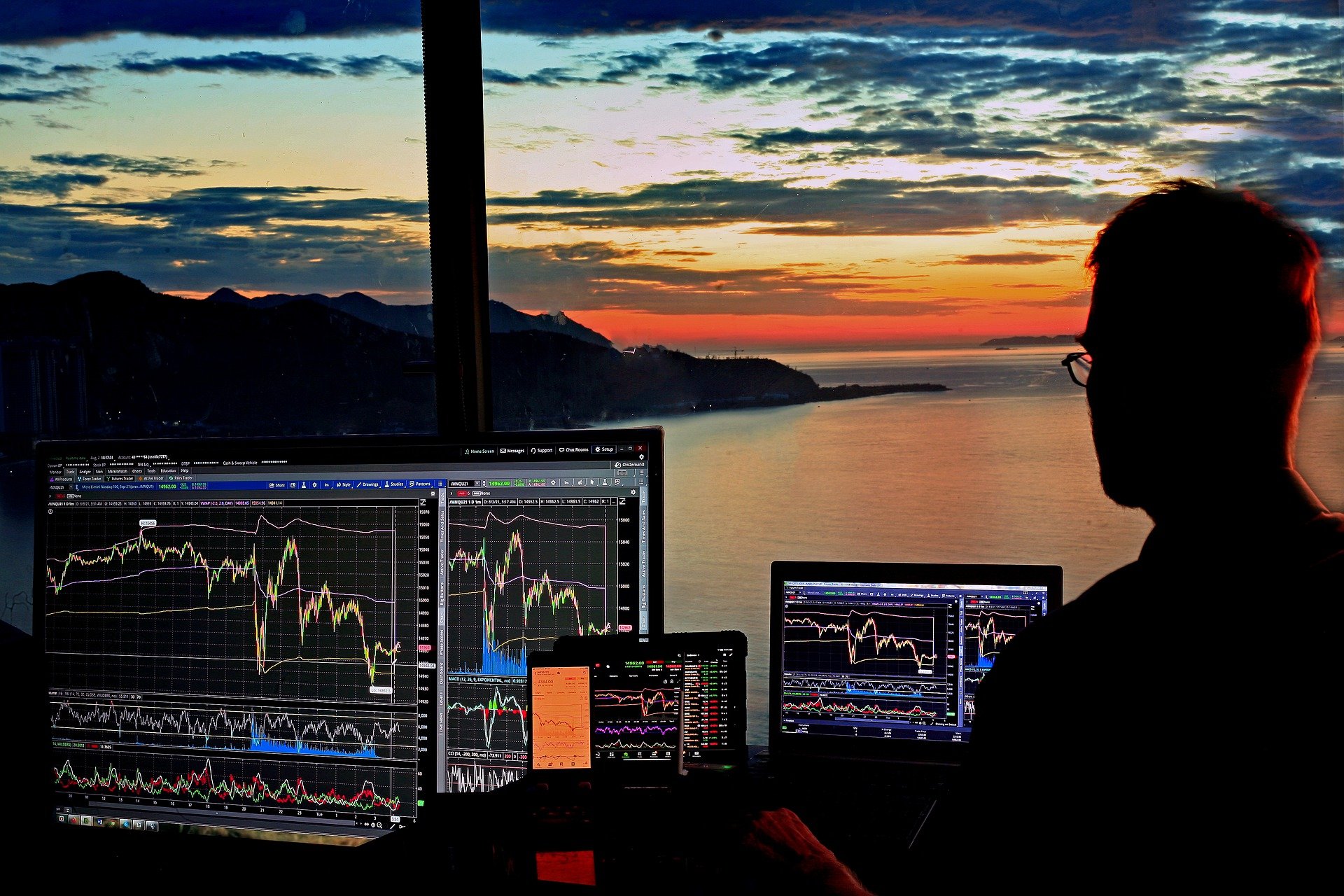The most successful traders know the value of hard work and practice. Traders examine their motivations for making trades and practice removing emotions like fear and greed from their decision-making. Those are the kinds of skills that will serve you well if you want to learn how to choose the best forex broker.
Define Trading Style and Goals
A plan for where you’re going and how you’ll get there is essential before embarking on any journey. Therefore, you need to know what you want to accomplish and ensure your trading strategy can get you there. As a result, you’ll need to adopt a unique frame of mind and approach when learning to trade forex.
If, for whatever reason, you can’t bear the thought of closing out a market position before turning in for the night, day trading might be for you. However, you might be more of a positional trader if you have the capital that can stand to gain from an investment’s appreciation over months. Make sure your trading style is consistent with your personality. Discord and financial losses are inevitable results of a bad personality match.
Choose a Trading Platform
Working with a trustworthy broker is crucial, so taking the time to learn about the various options is a good investment. Familiarizing yourself with each broker’s rules and procedures to execute a trade is essential. Comparing trading on an exchange to trading on the spot market or OTC is an excellent example of this difference.
Ensure the analysis tools available on your broker’s trading platform meet your needs. Make sure the broker’s software, for instance, can generate Fibonacci lines if you prefer to trade based on Fibonacci numbers. It can be problematic to have a good broker but a lousy platform or a wrong platform but a good broker. Ensure that you receive the ideal of both worlds.
Have a Consistent Methodology
As a trader, especially newbies learning to trade forex, you ought to know your decision-making process before starting any market. You must know the required data to enter or exit a transaction successfully. Some investors like to keep an eye on economic fundamentals and chart patterns before deciding when to make a trade. At the same time, others rely solely on technical analysis.
Maintain uniformity and make sure your methodology can adjust to new situations. It is crucial that your system can change to meet the market’s changing needs.
Determine Entry and Exit Points
When studying charts across multiple timeframes, many traders experience cognitive dissonance due to seemingly contradictory data. An intraday chart may imply a sale, while a weekly chart indicates a buy.
So, keeping your weekly chart (from which you draw your trading strategy) in sync with your daily chart (from which you make your entry trades) is essential. In other terms, if the weekly indicator indicates a buy, you should hold off on purchasing until the daily chart confirms a buy signal. Time your actions appropriately.
Focus and Accept Small Losses
Remember that once you put money into your account, it is always at risk. Therefore, you should be free of cash for day-to-day needs. Consider your trading funds the same way you would a travel budget. Your vacation funds are gone once you return home. Treat trading with the same level of seriousness would any other endeavor. The key to effective risk management is developing the mental fortitude to tolerate occasional setbacks. Successful traders know they can achieve more by concentrating on their trades and learning to live with rare losses rather than obsessively monitoring their account balances.
Conclusion
Following the guidelines mentioned above, you can develop a systematic trading strategy to aid your professional development as a trader. Knowing how to trade forex is a skill; mastery requires time and effort spent honing your craft like any other.
